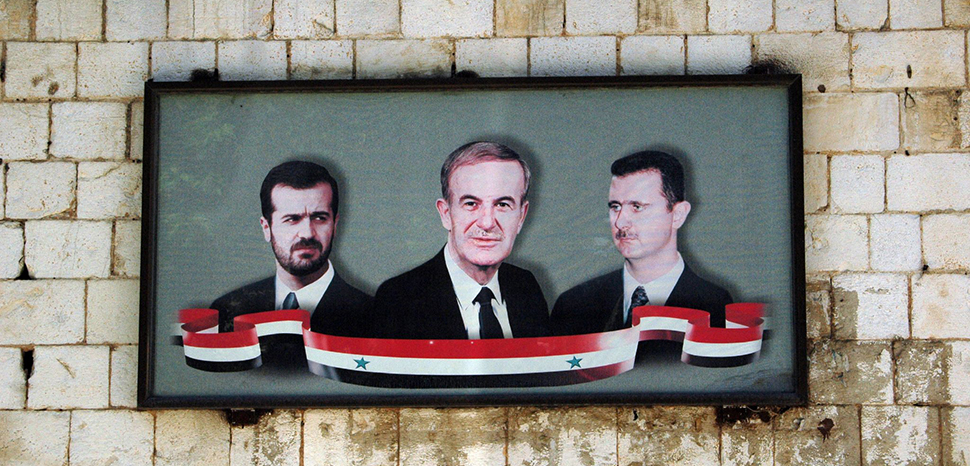
by Nada Homsi — thenationalnews.com — Former Lebanese president Michel Aoun has denied that his surprise visit to Damascus on Tuesday was to seek the backing of Syria’s President Bashar Al Assad. Mr Aoun’s media office issued a statement amid speculation that the founder of the Free Patriotic Movement was seeking Mr Al Assad’s intervention in the Lebanese presidential election amid differences with its ally Hezbollah over the choice of candidates. Both the FPM and the Iran-backed Hezbollah group are aligned with Syria. The former president “did not request a mediation or support for the position of the Free Patriotic Movement leader,” the statement said, emphasising Mr Aoun’s dedication to Lebanon’s sovereignty.
Gebran Bassil endorses Jihad Azour but says position is not entrenched “President Aoun’s visit was strategic, about Syria and Lebanon’s shared interests and the return of refugees to Syria, and it was not related to internal affairs,” an FPM representative told The National. Lebanon’s presidential post has remained vacant for seven months since Mr Aoun completed his term last year as parties and political blocs attempt to find a consensus candidate. Hezbollah backs Suleiman Frangieh, leader of the Christian Marada Movement and known to be close to Damascus. But the FPM has categorically refused to support Mr Frangieh, allying with opposition parties to back former finance minister Jihad Azour.
An electoral parliamentary session has been called for June 14. Mr Aoun’s visit to Lebanon’s war-torn neighbour was his first since 2009. It followed Syria’s readmission to the Arab League last month, ending years of regional isolation over Mr Al Assad’s crackdown on domestic opposition to his rule in 2011 that led to a deadly and multifaceted civil war powered by international proxies. “He has wanted to visit with Assad for years but couldn’t when he was president due to the international restrictions and the political implications,” a source close to Mr Aoun said.
The meeting between Mr Aoun and Mr Al Assad was shrouded in secrecy. Sources close to the former Lebanese president said their talks covered Syria’s return to Arab life, changes in the Middle East’s political landscape, and the Syrian refugees living in Lebanon. Both countries are undergoing interlinked economic crises. Lebanon’s economy collapsed in 2019 following years of financial mismanagement and corruption, while Syria has been affected by the destructive civil war and international war-related sanctions that have also affected Lebanon. “The rise and prosperity of Syria will undoubtedly reflect well on Lebanon,” Mr Aoun’s media office said, acknowledging the conjoined nature of the two countries.
Mr Al Assad emphasised the importance of Lebanon’s political and economic stability, which is “in the interest of Syria and the region in general”. Lebanon shares a complicated history with Syria, which wields influence over Lebanese politics. Lebanon’s parliamentary blocs are split according to their relationship with Syria: there is the pro-Hezbollah, Syria-aligned bloc, which includes Mr’s Aoun’s party, and a coalition of parties characterised by their opposition to Hezbollah and Syrian influence.
Syria was a warring proxy in Lebanon’s 1975-1990 civil war and maintained a military presence long after the war’s end. Syria withdrew its military from Lebanon in 2005, but its occupation has left a sour association in the minds of many Lebanese. For others, the neighbouring country is viewed as a natural ally.



